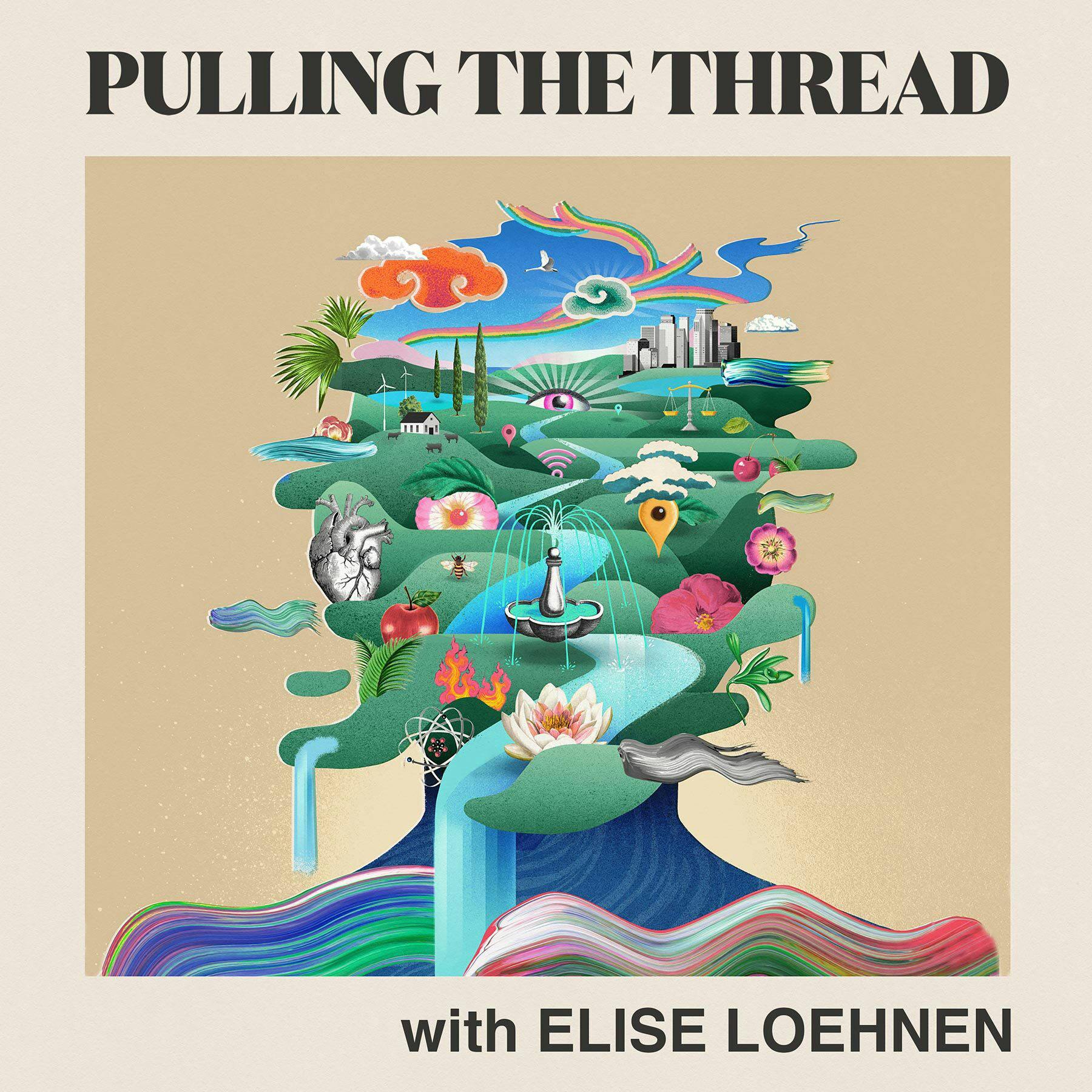When Illness is Not Validated (Meghan O’Rourke)
Description
“One reason I wrote the book is that the lack of recognition is such a powerful harm done to patients. And I think until you've gone through an experience like this, it's really hard to convey why that is. But basically it comes down to having the dignity of your suffering possessing. Some kind of meaning, I think, right. And we're all social creatures, right. We don't actually get sick totally alone. It feels lonely. But one reason that my illness was doubly hard was that I had the loneliness of physical symptoms. And then I had the additional of never having them recognized or validated, which made it so much harder.”
Writer, journalist, and poet Meghan O’Rourke—a former editor at The New Yorker, and the current editor of The Yale Review—has written stunningly, about many topics in our culture. But her latest book—THE INVISIBLE KINGDOM: REIMAGINING CHRONIC ILLNESS—is a memoir of her own suffering as she navigated the medical world in search of a diagnosis. Her journey to understand what is wrong with her—to even be seen as a sick person—was particularly complex because she has a web of autoimmune diseases, which…is not that uncommon, actually, particularly for younger women. In her book, she explores the complexity of illness and what it means to look fine—vital, even—and yet feel like you’re failing inside, and how quick we are to dismiss suffering we cannot see. Particularly when it’s the suffering of women.
MORE FROM MEGHAN O’ROURKE:
THE INVISIBLE KINGDOM
SUN IN DAYS
MEAGHAN’S WRITING FOR THE NEW YORKER
FOLLOW MEGHAN ON TWITTER
FOLLOW MEGHAN ON INSTAGRAM
Learn more about your ad choices. Visit podcastchoices.com/adchoices
More Episodes
Everything Richard Christiansen creates is incredibly beautiful and special. Christiansen is the founder of Flamingo Estate and the author of the new book, The Guide to Becoming Alive. He’s also a dear friend of mine. I loved chatting with him about how he moves so fast, what can spark momentum...
Published 11/14/24
Published 11/07/24
Spiritual teacher Thomas Hübl, PhD, returns for a deeper exploration of shadow. We talk about our instinct to disown what feels dark or evil, and how tightly we claim the side of what’s good, clean, pure. But Hübl also paints a beautiful alternative: a gentle integration that allows us to...
Published 11/07/24


